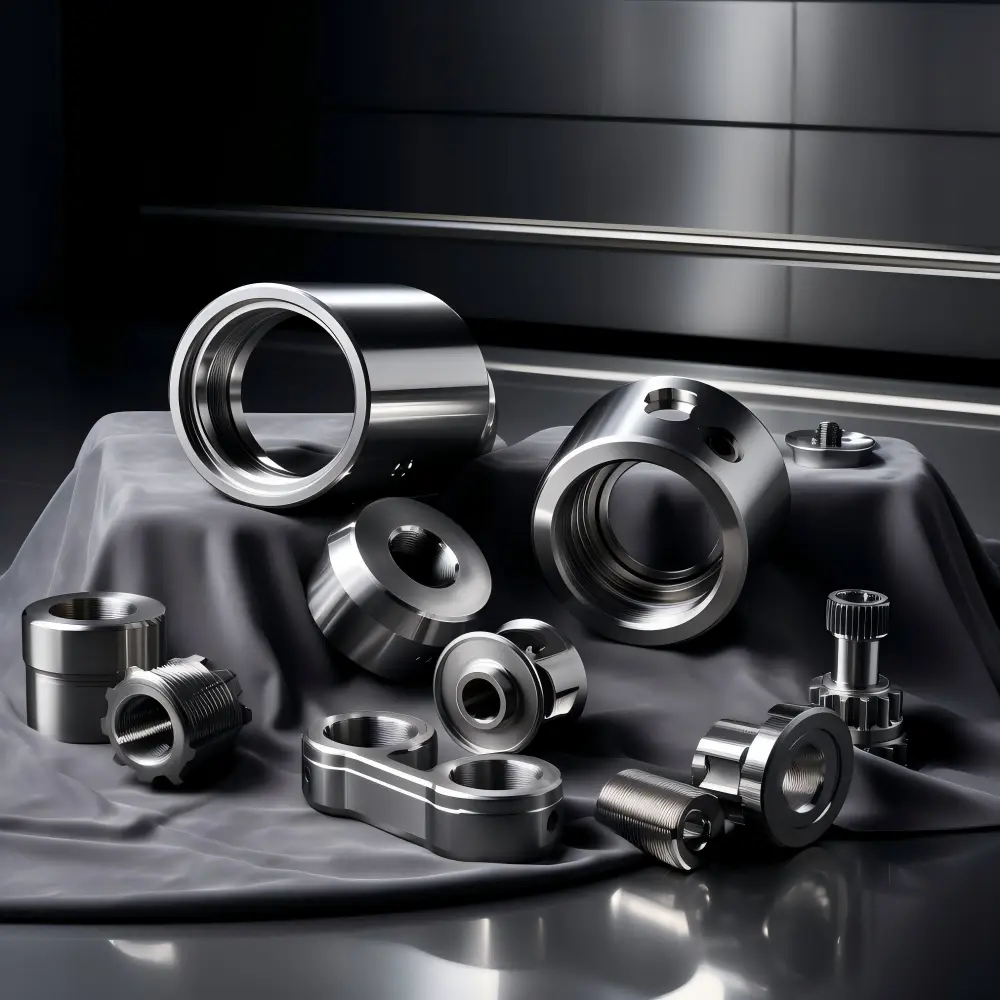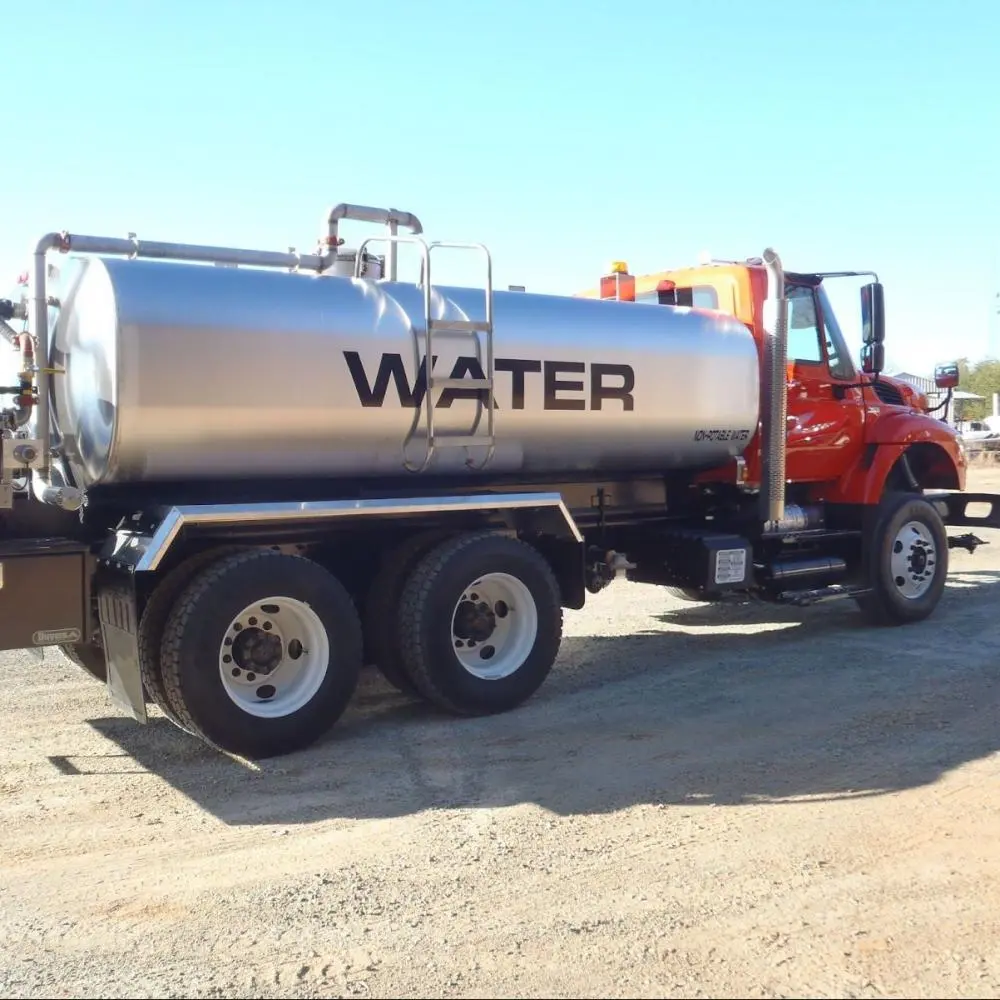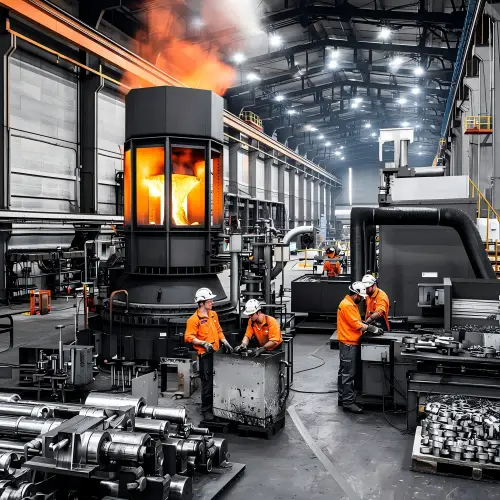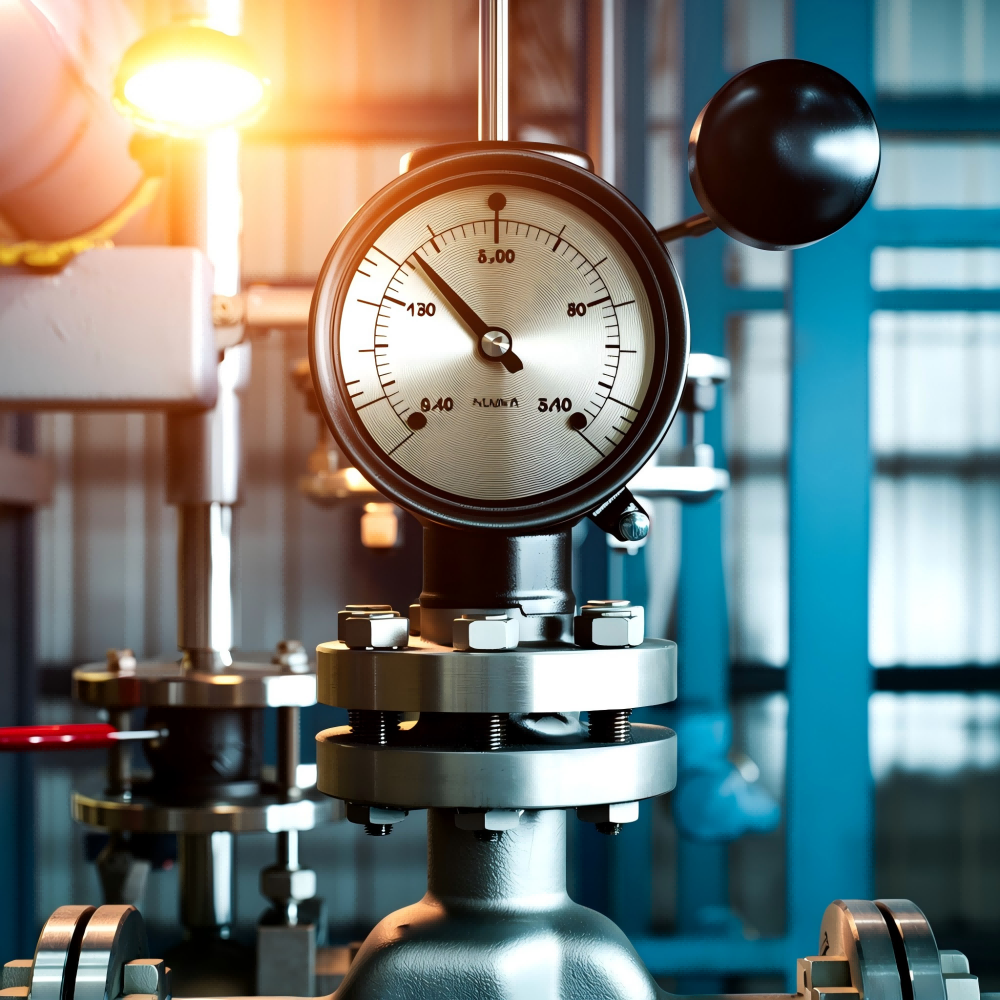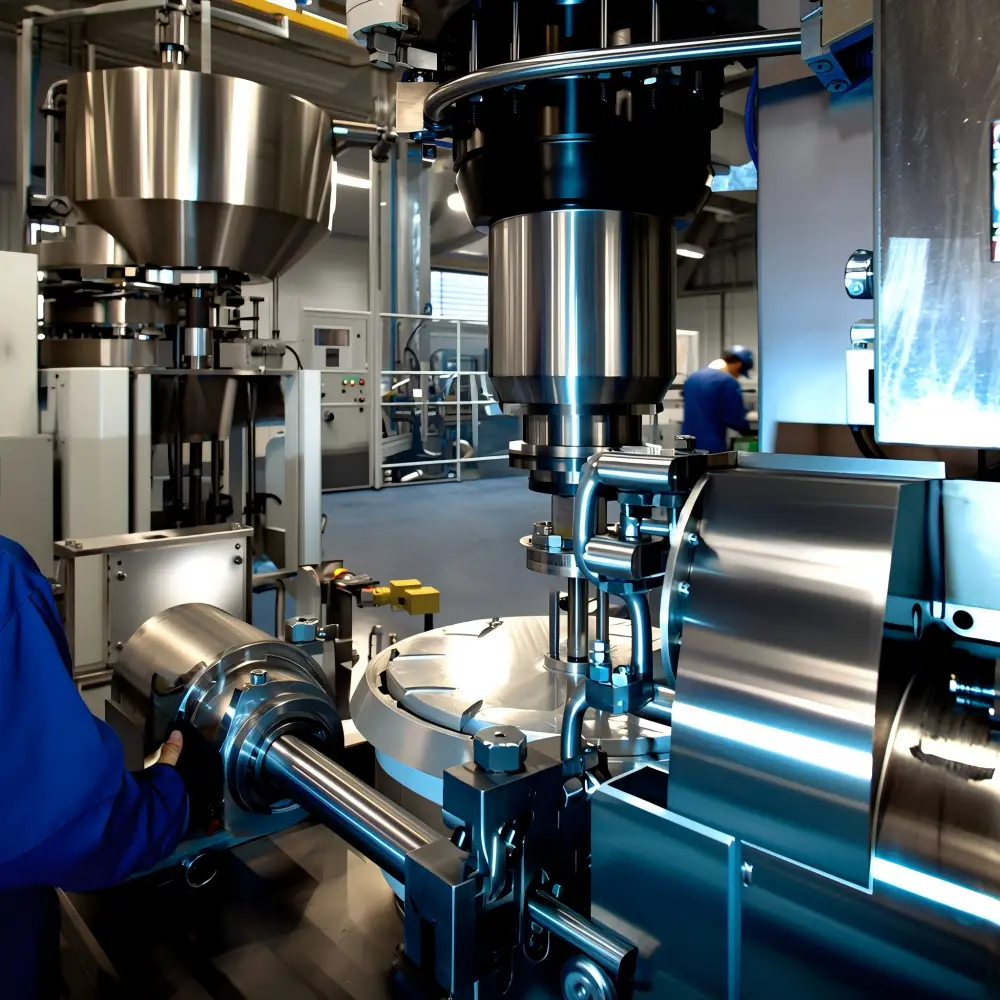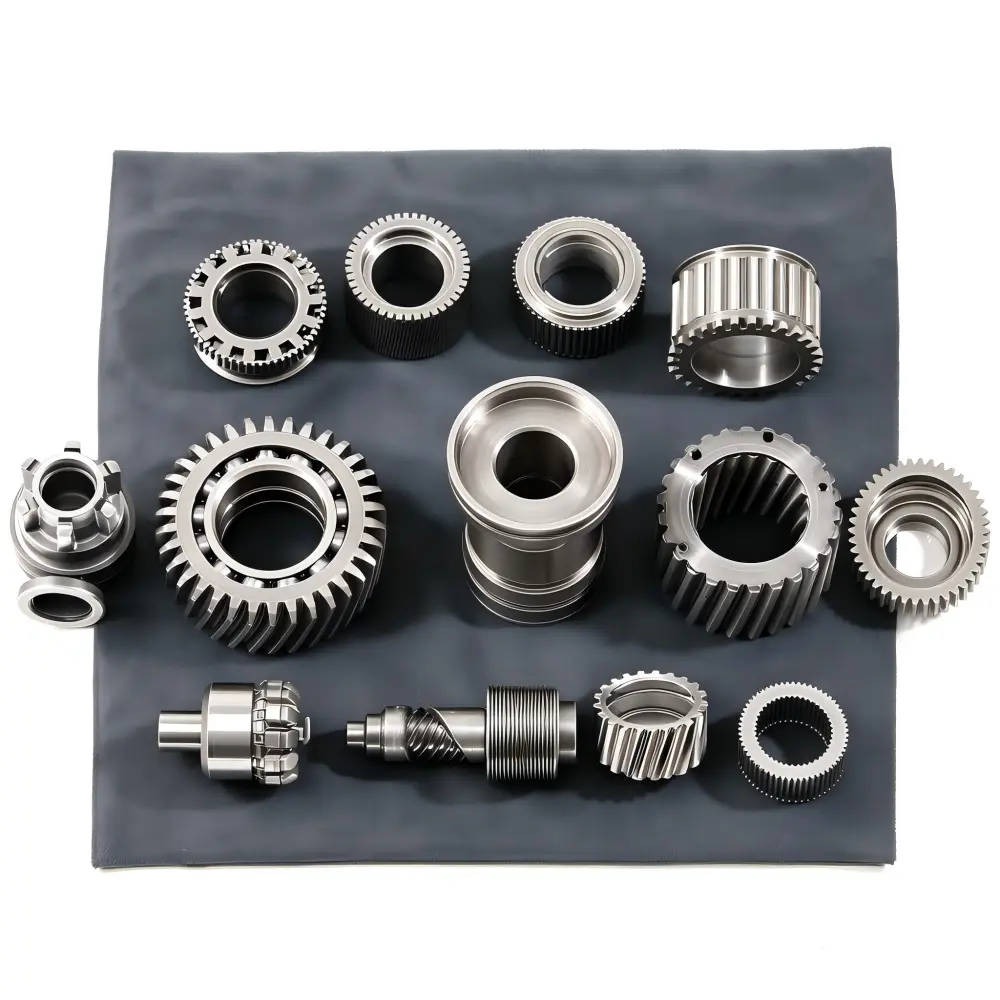Silicon Bronze Precision Casting: Pros and Cons
Silicon bronze precision castingoffers a unique blend of benefits and drawbacks. This alloy, with its 6% silicon content, enhances strength and wear resistance, making it ideal for various applications. Its high resistance to corrosion suits marine environments and industrial conditions with air pollution. The density of 8.53 g/cm³ makes it suitable for Casting And Welding. Silicon bronze's excellent machinability allows for intricate designs, while its aesthetic appeal adds value to architectural embellishments. However, understanding its limitations is crucial for optimal use in precision casting.
Benefits of Silicon Bronze
Silicon bronze precision casting offers numerous advantages, making it a preferred choice in various industries. This section explores the key benefits of using silicon bronze in precision casting.
Excellent Corrosion Resistance
Silicon bronze exhibits remarkable corrosion resistance, particularly in harsh environments. This property makes it ideal for applications in marine settings and outdoor installations. The alloy's composition, which includes copper, aluminum, and silicon, provides a protective barrier against corrosive elements. Historical use of silicon bronze in ship fittings and fasteners highlights its reliability in resisting corrosion over time. This resistance ensures longevity and reduces maintenance costs for structures exposed to moisture and air pollution.
Strength and Durability
The strength and durability of silicon bronze make it a valuable material for precision casting. Despite being softer than steel, silicon bronze offers tensile strength comparable to that of steel. This strength allows it to withstand significant stress and wear, making it suitable for demanding applications. Industries often use silicon bronze for fabricating pumps and valve stems due to its robust nature. Its ability to maintain structural integrity under pressure ensures that components last longer, providing a cost-effective solution for manufacturers.
Ease of Casting and Machinability
Silicon bronze precision casting is favored for its ease of casting and machinability. The alloy's low melting point and fluidity when molten enable it to be cast into intricate shapes with high accuracy. This characteristic allows for the creation of complex designs that meet specific requirements. Additionally, silicon bronze's excellent machinability facilitates post-Casting Processes, such as drilling and shaping. This ease of handling reduces production time and enhances efficiency in manufacturing. The alloy's self-lubricating properties further improve machinability, making it a versatile choice for various applications.
Aesthetic Appeal and Finish Quality
Silicon bronze stands out for its aesthetic appeal and superior finish quality. This alloy, with its warm golden hue, adds a touch of elegance to any project. Artists and architects often choose silicon bronze for sculptures and decorative elements due to its visual allure. The alloy's ability to achieve a high polish enhances its attractiveness, making it a popular choice for art and architectural applications.
Key Features of Silicon Bronze's Aesthetic Appeal:
- Warm Golden Hue: The natural color of silicon bronze provides a visually pleasing appearance that complements various design styles.
- High Polish Capability: The alloy can be polished to a mirror-like finish, enhancing its beauty and making it suitable for high-end decorative items.
- Versatility in Design: Silicon bronze's fluidity when molten allows for the creation of intricate and detailed designs, which is highly valued in artistic and architectural works.
"Silicon bronze has been historically used for ship fittings, fasteners, tools, and weapons due to its strength and corrosion resistance, especially in marine environments."
The historical use of silicon bronze in ship fittings and fasteners not only highlights its durability but also its aesthetic value. Its ability to withstand harsh marine environments while maintaining its visual appeal makes it a preferred material for both functional and decorative purposes.
Applications of Silicon Bronze
Common Industries and Products
Silicon bronze finds widespread use across various industries due to its unique properties. The marine industry often employs this alloy for ship fittings and fasteners, benefiting from its excellent corrosion resistance. Its ability to withstand harsh marine environments ensures longevity and reliability in these applications. Additionally, the architectural sector values silicon bronze for its aesthetic appeal. The alloy's warm golden hue and ability to develop a lustrous patina over time make it a preferred choice for decorative elements and sculptures. Artists and architects appreciate its visual allure and durability, often opting for silicon bronze in high-end projects.
In the electrical industry, silicon bronze's high electrical conductivity makes it suitable for connectors and systems requiring reliable performance. The alloy's strength and machinability also make it ideal for manufacturing pumps, valve stems, and other components in industrial settings. These industries rely on silicon bronze for its ability to maintain structural integrity under stress, ensuring that products last longer and perform efficiently.
Reasons for Preference
Several factors contribute to the preference for silicon bronze in precision casting. Its mechanical features, such as strength and durability, make it a reliable material for demanding applications. Industries favor silicon bronze for its ability to withstand significant stress and wear, providing a cost-effective solution for manufacturers. The alloy's corrosion resistance further enhances its appeal, particularly in marine and outdoor environments where exposure to moisture and air pollution is common.
The aesthetic attraction of silicon bronze also plays a significant role in its popularity. Unlike other copper alloys that require lacquers and patinas to preserve their appearance, silicon bronze retains its beauty with minimal maintenance. Over time, it develops a richly lustrous patina, which is highly valued in artistic applications. Sculptors and artists often choose silicon bronze for its ability to enhance the visual appeal of their creations, even willing to pay more for its unique qualities.
"Silicon bronze has an aesthetic attraction because it is valued for its mechanical features, corrosion resistance, as well as other important aspects and hence forms a favorite in architecture as well as marine projects."
Overall, the combination of mechanical strength, corrosion resistance, and aesthetic appeal makes silicon bronze a versatile and preferred material in various industries. Its ability to meet specific requirements while maintaining visual allure ensures its continued use in precision casting applications.
Drawbacks of Silicon Bronze
Cost Considerations
Silicon bronze, while offering numerous benefits, comes with a higher price tag compared to other alloys. The alloy's composition, which includes more than 90% copper, contributes significantly to its cost. Copper prices fluctuate in the market, impacting the overall expense of silicon bronze. Manufacturers often find themselves weighing the benefits against the financial implications. For industries where budget constraints are a priority, the cost of silicon bronze may deter its use despite its advantageous properties.
Limitations in Specific Environments
Despite its impressive corrosion resistance, silicon bronze does have limitations in certain environments. While it excels in marine settings, it may not perform as well in environments with high levels of sulfur or ammonia. These conditions can lead to tarnishing or degradation over time. Additionally, silicon bronze's strength, although comparable to steel, may not suffice for applications requiring extreme tensile strength. Industries must carefully assess the specific environmental conditions and mechanical demands before selecting silicon bronze for precision casting.
Silicon bronze precision casting presents a compelling mix of advantages and disadvantages. The alloy's strength, corrosion resistance, and aesthetic appeal make it a favored choice across various industries. However, its higher cost and limitations in specific environments require careful consideration. Despite these drawbacks, silicon bronze aligns well with modern sustainability practices due to its recyclability and durability. This makes it an environmentally friendly option. For those seeking a balance between performance and sustainability, silicon bronze offers a viable solution in precision casting applications.
Ningbo Pingheng Machinery Co., Ltd (www.phcasting.com) is a factory specializing in the production of copper alloy precision casting, the materials include tin bronze, silicon brass and so on.
See Also
Discovering Benefits Of Silicone Sol Precision Casting
Analyzing The Benefits And Drawbacks Of Investment Casting






